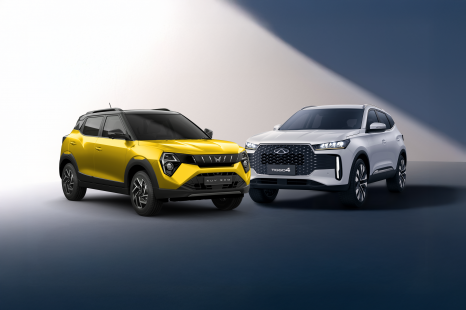

Andrew Maclean
4 Days Ago
Electric vehicle and plug-in hybrid vehicle owners in Victoria will be charged based on how far they drive under a new road tax being introduced by the Labor Government.

Contributor
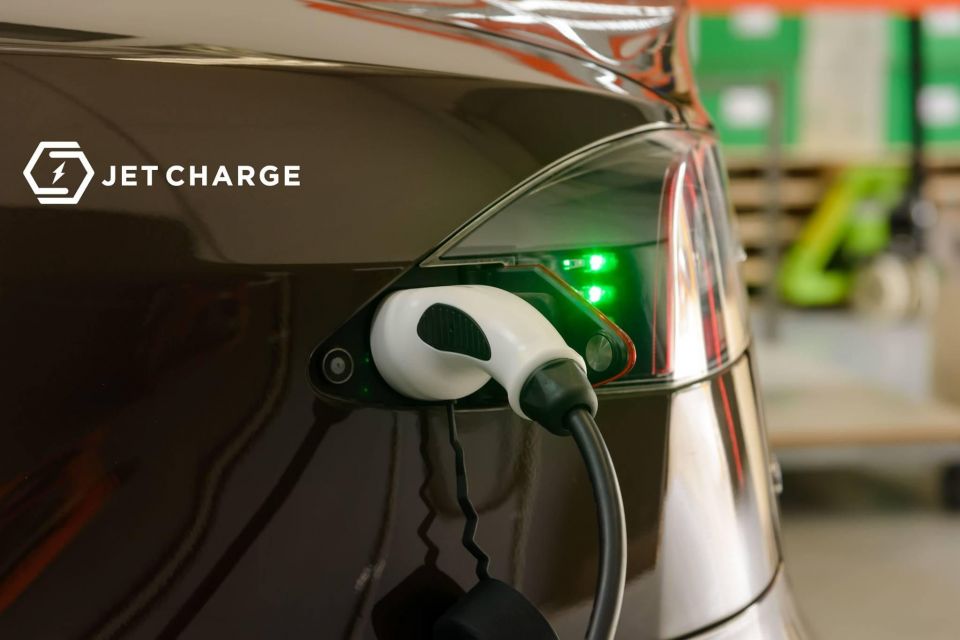

Contributor
Victoria has followed South Australia in committing to a road tax for electric vehicle and plug-in hybrid vehicle owners.
The tax of 2.5 cents per kilometre for pure electric vehicles and 2.0 cents per kilometre for plug-in hybrid vehicles was announced by the Victorian Treasurer ahead of this week’s state budget, and will come into force in July 2021.
An electric vehicle owner who travels 15,000km per year will be charged $375 on top of their annual registration fee, while plug-in hybrid owners will pay an extra $300 per year.
Although the estimated $30 million the tax will raise annually won’t be funnelled directly into electric vehicle infrastructure, the Treasurer said $45 million will be set aside in the budget to boost take-up of hybrid, plug-in hybrid, and electric vehicles.
Chairman of the Electric Vehicle Council of Australia, Behyad Jafari, described Victoria’s tax as a “shameful abdication of Victoria’s intention to reduce emissions”.
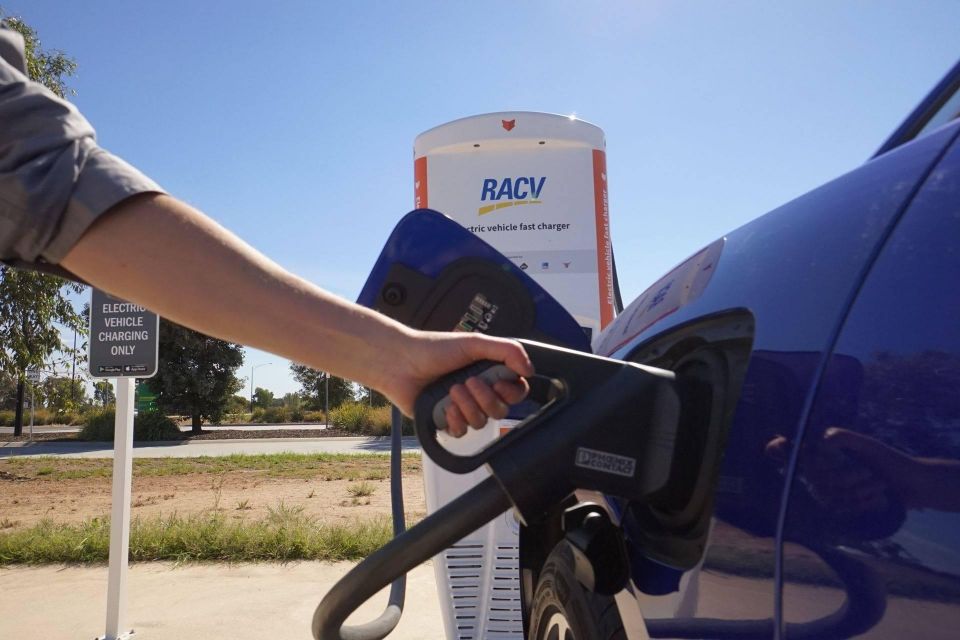
The move follows a similar announcement from South Australia, which this month announced plans to tax electric vehicle owners.
South Australia’s proposed charge will include a fixed component, similar to current registration charging, and a variable charge based on distance travelled.
The proposal has been widely criticised, with chief executive of the peak body for carmakers in Australia, Tony Weber, describing it as “beyond belief”.
“We believe this charge will make South Australia the only jurisdiction in the world that actually opposes the uptake of low and zero emission vehicles,” Mr Weber added.
As state governments in Victoria, South Australia, and New South Wales have moved to tax electric vehicle owners, the Australian Capital Territory (ACT) has positioned itself as the friendliest jurisdiction in the nation for EV buyers.
It this week announced an ambitious target to sell only zero-emissions new vehicles by 2030.
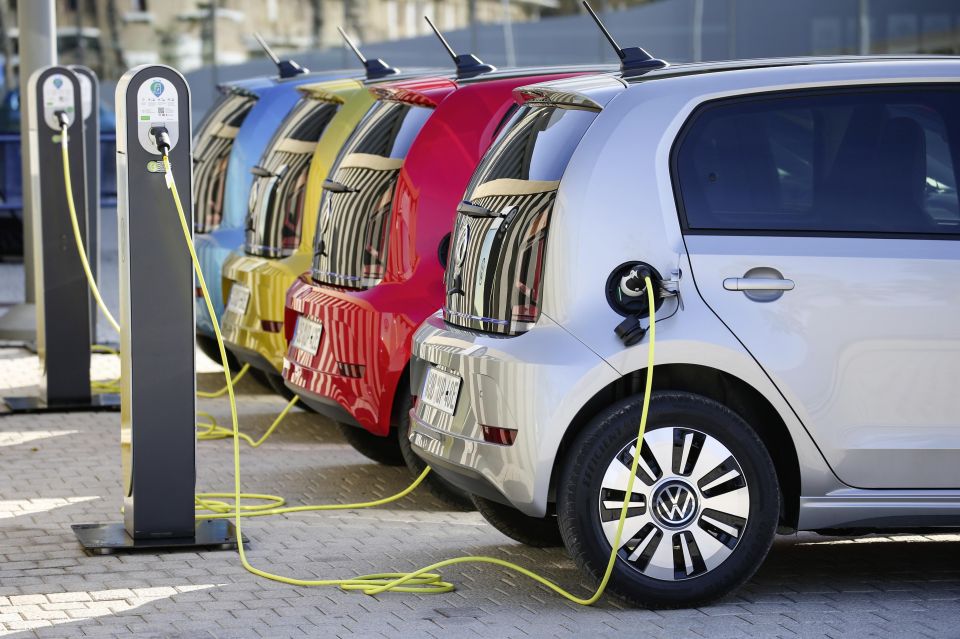
Announced in a Parliamentary Governing Agreement between the ACT Labor Party and Greens, the target will be backed by generous subsidies.
Electric vehicle buyers in the ACT will be provided with free registration for two years “as soon as practical” under the new agreement, and Canberran residents and businesses will be offered zero-interest loans up to $15,000 to invest in zero-emissions vehicles and technologies.
At least 50 electric charging stations will be built across Canberra and its surrounding regions to encourage EV adoption. A focus will be placed on purchasing electric buses, and existing depots will be converted to support zero-emissions running.
Electric car buyers in the ACT are currently exempt from stamp duty, and receive a 20 per cent discount on registration.
Scott Collie is an automotive journalist based in Melbourne, Australia. Scott studied journalism at RMIT University and, after a lifelong obsession with everything automotive, started covering the car industry shortly afterwards. He has a passion for travel, and is an avid Melbourne Demons supporter.


Andrew Maclean
4 Days Ago
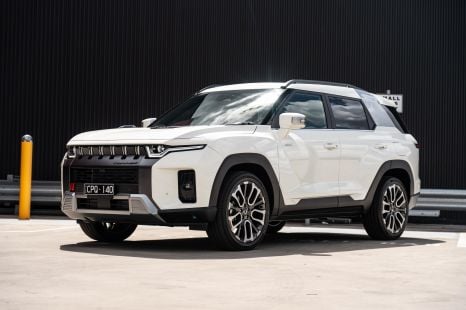

Max Davies
4 Days Ago
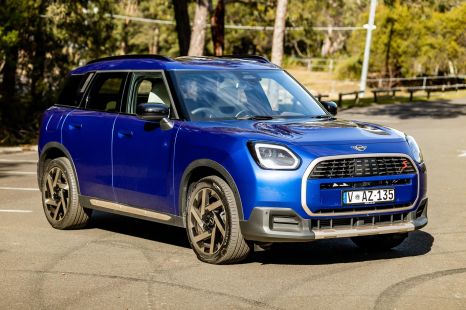

Matt Campbell
3 Days Ago
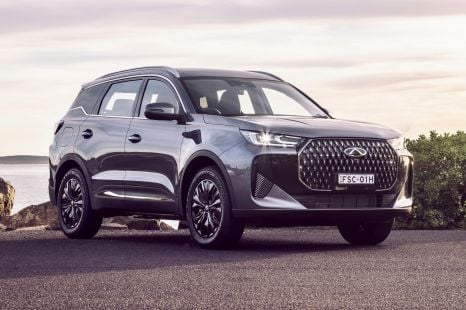

Max Davies
2 Days Ago
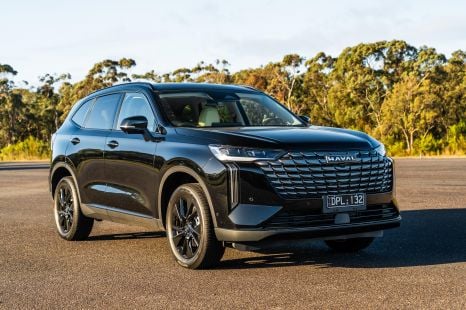

Josh Nevett
13 Hours Ago


Damion Smy
9 Hours Ago